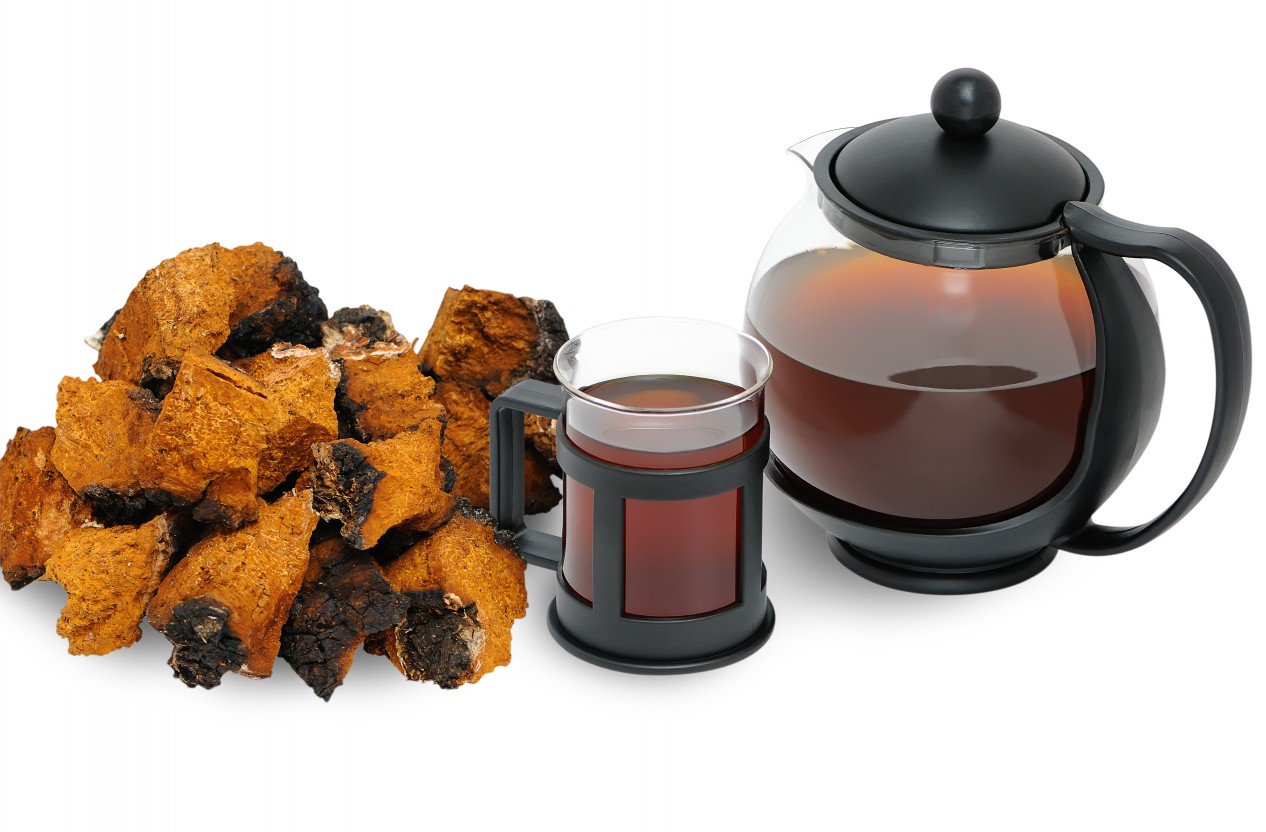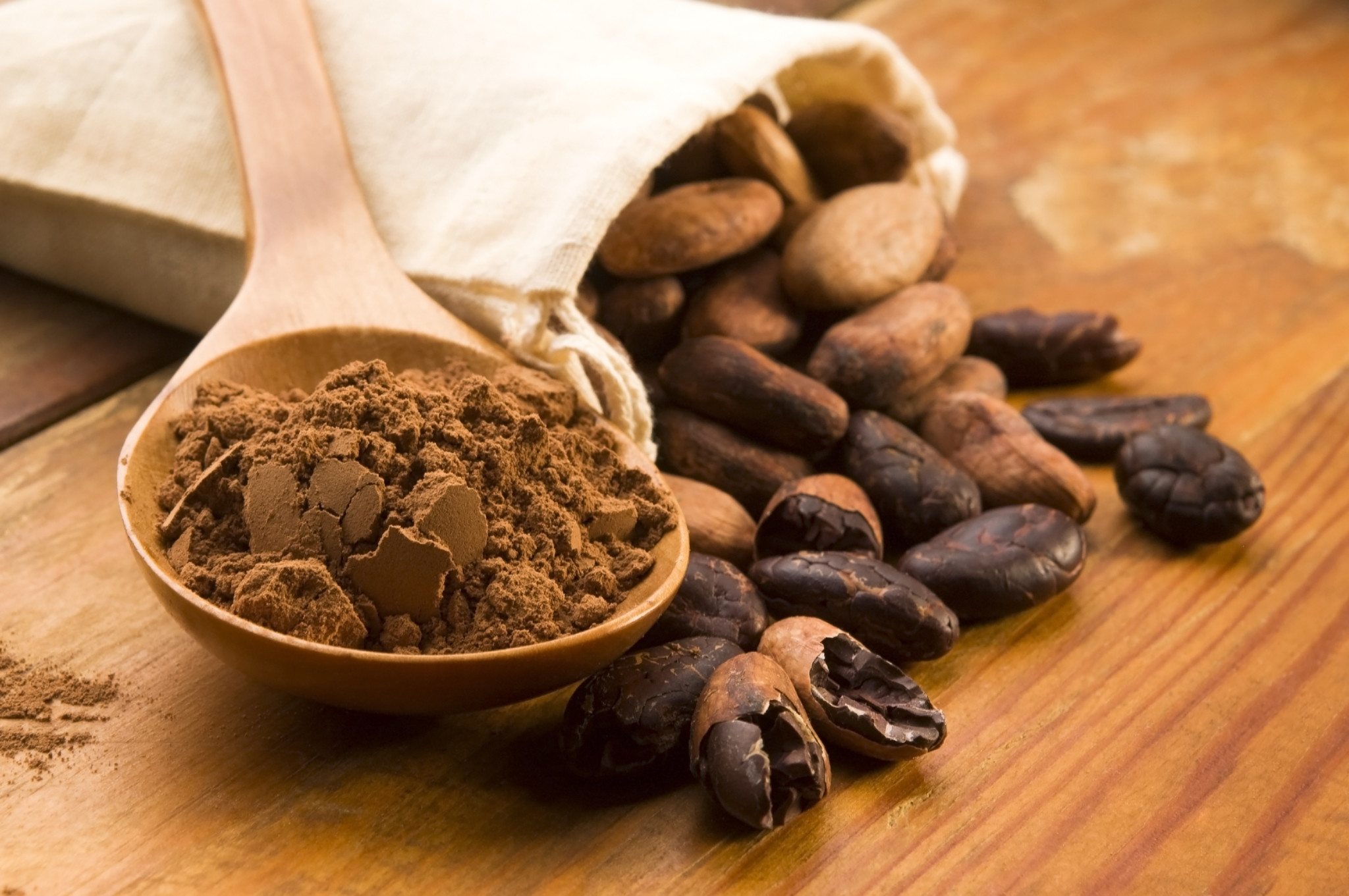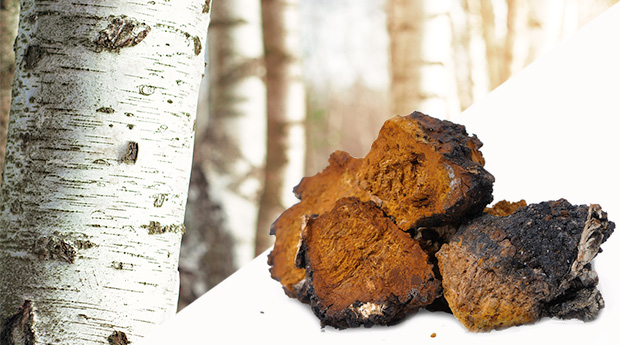
Tips & Tools
Managing your anxiety
Why You Should Swap Your Morning Cup of Coffee For One of These

Caffeine intake and anxiety symptoms is an area of research well explored. As we have discussed in a previous article, while warm and comforting to drink, what occurs afterwards can be quite the opposite.
Caffeine intake can create many unwanted feelings, including mood instability, sleep disturbances and ironically enough, even a decrease in energy levels. These effects are particularly worrisome when you struggle with anxiety.
This is why we normally suggest swapping out your morning coffee for an herbal tea. No caffeine, no negative side effects, same warmth.
However, we believe that this recommendation may not suit everyone. That there may be a few important details we are forgetting with this recommendation.
- You may enjoy the earthy taste of coffee and the comfort it may bring you
- You may feel you need that morning dose of caffeine to get you out of bed and ready for the day ahead.
Telling you to simply swap it out for some fruity herbal tea may provide the same warmth, but it may not be satisfying the flavour profile or relationship you have come to develop with your morning cup of joe.
If either of these facts are true for you, you’re in luck. Below we have outlined a few ancient medicinal coffee substitutes, that not only share coffee’s earthy flavour profile, but also have some powerful health benefits, including mood-lifting properties, without the nasty negative side effects.
Cacao1

No, we are not talking about the powder you use to make hot chocolate (cocoa). Cacao comes from cold-pressing raw, unroasted cacao beans. Luckily, cacao powder shares the earthy rich flavour profile of cocoa powder (and coffee), while remaining raw and nutritionally dense.
Now, it is important to note that cacao DOES contain caffeine- approximately half the amount found in a cup of coffee. So, if you are able to avoid caffeine all together, please head to the next recommendation (Chaga). However, if you are looking to find a healthier alternative to coffee that can help you slowly reduce your caffeine intake, keep reading.
Cacao is packed with antioxidants, compounds which help prevent damaging reactions from occurring to cells in our bodies. Antioxidants are critical compounds for all humans, but are particularly important for those who suffer from anxiety. Research has shown that our bodies use antioxidants to help combat against stress, as well as illnesses such as depression. As anxiety sufferers are at higher risk for stress and depression, it is imperative that their antioxidant supply never runs low.
Cacao also contains a substance called theobromine, which has been shown to encourage the release of dopamine. While holding many important roles, dopamine is commonly known for its regulation of the reward centers of our brain, explaining why some refer to it as the “feel-good hormone”. Plus, cacao is dense in magnesium, a wondrous mineral known to balance hormones, calm our mood and yet keep our energy levels high.
Chaga2

Have you ever noticed a weird dark brown or charcoal-looking fungus on birch trees before? If so, did you know that it can be used as your morning pick-me-up?
Chaga is an edible, non-toxic fungus that grows on birch trees. While it may look like the tree is unhealthy as a result, it can be quite the opposite as wild Chaga helps to heal damaged and even dying birch trees. While doing so, it harvests minerals and nutrients from the tree, thereby creating a symbiotic relationship (help each other).
While it may not look appealing, chaga has a warm, earthy flavour and is filled with many health benefits. Not only does it contain some of the highest levels of antioxidants of any food, it is filled with vitamins and minerals such as vitamin B, calcium, potassium, iron and zinc. It also contains anti-inflammatory and anti-carcinogenic properties. Regular consumption of chaga has the potential to:
- Calm the nervous system to reduce stress
- Improve adrenal function
- Support cleansing of the liver and kidneys
- Support immune function
- Reduce physical pain
- Balance blood sugar
Be sure to speak with an expert prior to foraging your own chaga fungus. Chaga is not an infinite resource- it is to be harvested with care and proper technique. Chaga powder (or sometimes even the chunks) may also be purchased at most health food stores.
Want to try these miracle brews today? Try one of the recipes below.
Chaga Tea

Chaga can be found in a variety of forms. Two in particular include the raw chunks or powder. Oftentimes consumers will purchase chaga in powder form, which simply dissolves in hot water. To convert the chunks into tea, however simply:
- Simmer 2-3 chunks/L water for a minimum of 30 minutes (max 5 hours).
- When complete, store these chunks in the refrigerator, as they can be re-used multiple times.
Or if you want a true “coffee” experience, grind the chunks up and steep in a French press. Just like coffee, the longer you brew, the deeper and earthier the flavour will be.
Cacao Latte1
INGREDIENTS:
- 1 tbsp raw honey or maple syrup
- 1 tbsp raw cacao powder
- 1/2 tsp cinnamon
- 1/2 tsp maca or ashwagandha
- (optional, to support hormone health. Consider speaking to your doctor before introducing into your diet)
- 2 tbsp coconut or almond milk (or any milk substitute)
DIRECTIONS:
- Mix the powders and honey together at the bottom of your mug to create a paste
- Heat water on the stove until it’s hot but not boiling
- Pour over your paste, mix thoroughly
- Add 2 tbsp coconut/almond milk as “creamer.”
*Raw Cacao, maca and ashwagandha can all be found at most health food stores
Chocolate (optional) Chaga Latte
INGREDIENTS:
- 1.5 cups warm chaga tea
- ½ cup soaked walnuts (can be substituted for almonds, cashews hazelnuts)
- 4 pitted dates or 1 banana
- 1.5 TBSP cacao powder (omit if avoiding caffeine)
- 1 TSP maple syrup or local raw honey
- Spices to taste (ie. cardamom, cinnamon, turmeric)
DIRECTIONS:
- Soak nut of choice for at least 7 hours (this improves digestibility)
- Brew chaga tea
- Blend all ingredients on high until smooth
- Re-warm on stovetop if needed
Want to learn more?
- All
-
29 Nutrition
Nutrition
- 73 Mindfulness and Relaxation
- 27 Student Life
- 8 Exercise
- 51 Treatments & Therapies
- Anxiety Resources

Don't see what you're looking for? Send us an email!
©Copyright 2024 Cam’s Kids powered by Kids Help Phone
Not-for-Profit Organization. B/N: 921508-5
Thanks for visiting Cam's Kids. Please remember...
Cam's Kids is not a service provider.
If you are in crisis, please call 911 or go to your nearest emergency department. For free, confidential counselling, contact Good2Talk or Kids Help Phone.
Post-secondary students: find your local crisis resource here.

